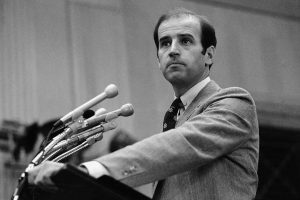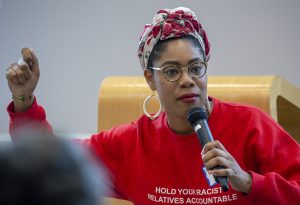For the first time in American history we potentially may have an African-American speaker of the House. In 230 years total, there haven’t been any that have even come close in the runnings for the position. Current speaker, also known as a minority leader, Nancy Pelosi, said that she will run again, but many lawmakers and Democratic candidates want someone new in after 16 years. The most likely to succeed Nancy Pelosi consist of five candidates: Representative Jim Clyburn of South Carolina (currently the No. 3 House Democrat); Hakeem Jeffries of New York; Cedric Richmond of Louisiana (current chairman of the CBC); Elijah Cummings of Maryland; and Marcia Fudge of Ohio.
Marcia Fudge said that she believes that is it more than likely that the speaker of the House will be black, saying that “it’s a probability” rather than a possibility. She strongly backs Jim Clyburn for the position. Any of these candidates would mark as an important milestone in history, as no African-American has held a position higher than majority whip (No. 3 position) within the House. Giving a black lawmaker the top job of the House, would also be an important milestone in that it would put an African-American democrat in line to presidency succession with only the vice president in between.
This accomplishment would also give benefits to Democrats in that having a Democratic speaker of the House during current times, would give the speaker a position to take on President Donald Trump. Trump, has openly stoked racial divides within the country.


